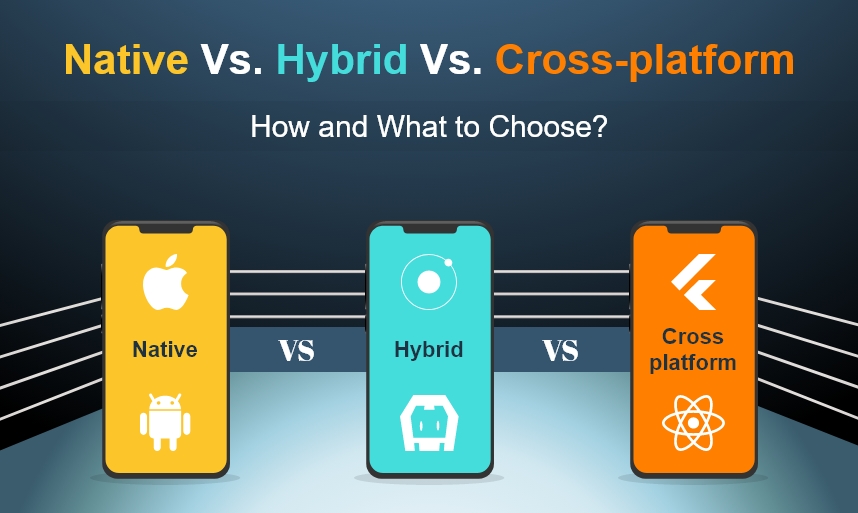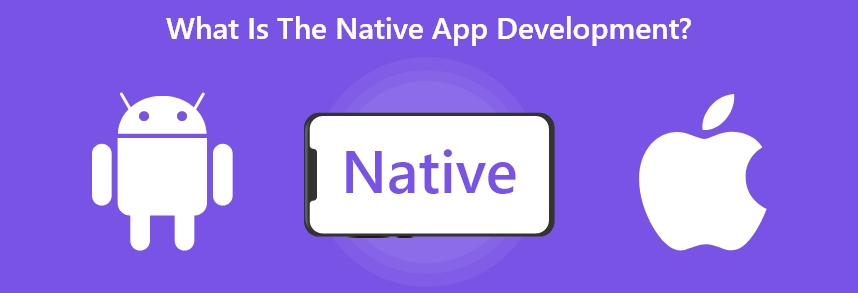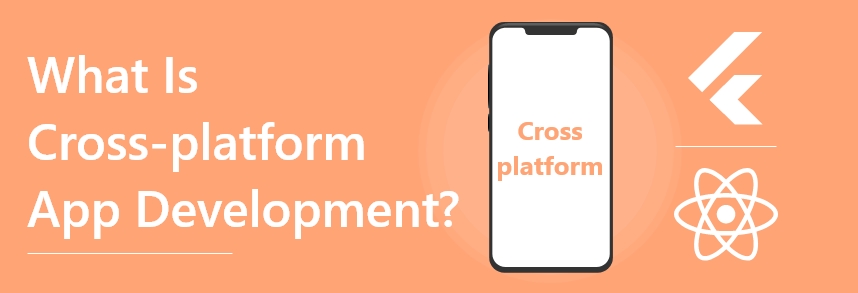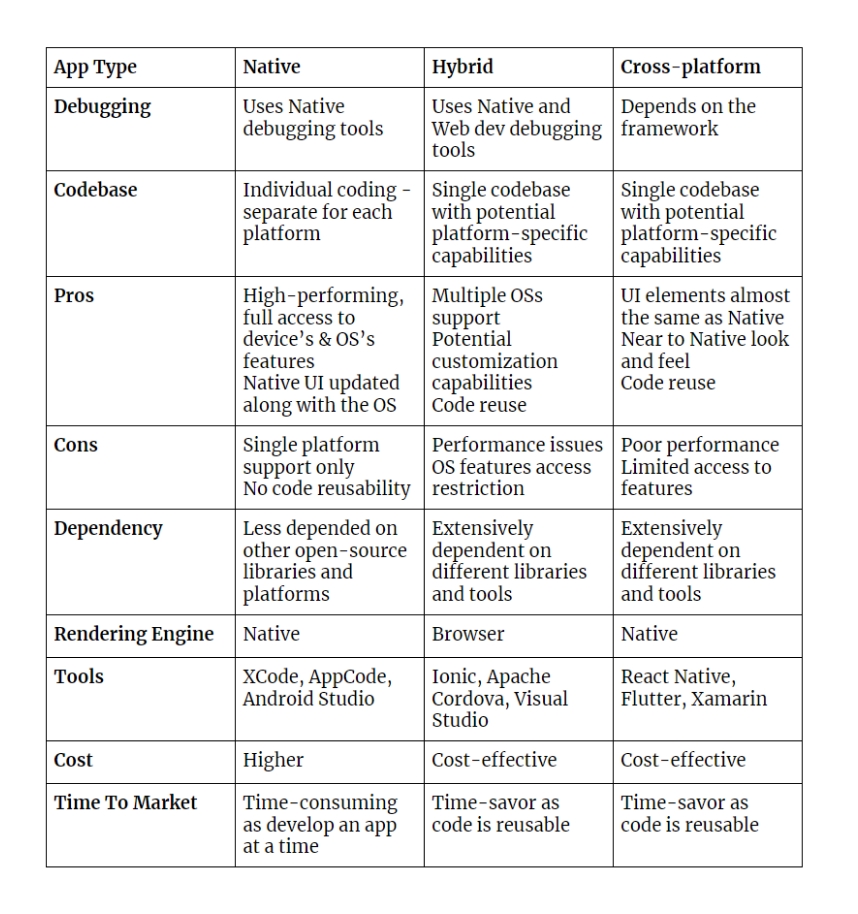Native vs Hybrid vs Cross-Platform: How and What to Choose?
What are the similarities and differences between native, hybrid, and cross-platform development and how do you know which to choose?
Join the DZone community and get the full member experience.
Join For FreeAfter coming up with an online business idea, many people get confused between the app development approaches. It is crucial for them to decide on the right approach from the Native, Hybrid, and Cross-platform mobile apps. The reason that each type of app has its specification, pros, and cons, this confusion is reasonable. Finding out what type of app building approach will connect the audience with the brand faster is a real hassle.
You must know choosing the right harvesting ground is essential for successful outcomes. Hence, it is no brainer that choosing the right platform for mobile app development is paramount, and it depends entirely on the nature of your business.
Nevertheless, many businesses end up making a mistake when choosing the mobile app development approach. It happens even after they were conscious of their business nature. Choosing the wrong development approach causes unproductive software products for your online business.
Therefore, we have curated the difference between Native Vs. Hybrid Vs. Cross-platform to clear this trilemma in the blog. Don’t miss any line!

Let us initiate with a closer look at each approach.
What Is the Native App Development?
The app developed exclusively for a single platform using a native-to-the-operating-system language is a Native App. For instance, to develop a Native app for the Android platform, Java or Kotlin, likewise, for the iOS Native App, Objective-C or Swift can be used.

Native apps acquire all possible advantages of the device and the operating system’s features. The apps leverage direct access to the hardware of the devices, such as GPS, Camera, Microphone, offline access, and many more. As a result, they render high performance and a better user experience.
Well, going native is a dream of many product owners, but not all can afford it. The reason is that to run the app on multiple platforms requires developing and maintaining an app for each platform separately. And it costs an arm and a leg to develop a Native app for multiple platforms for many businesspeople.
So, When Should You Develop a Native App?
Having said that, to develop a Native app, be prepared for the development team and the cost to increase twofold, And so, the time to market. When there is no rush to market your business app and no budget constraint, you can opt for a Native app.
Native apps are a future-proof investment. They are secured, user-friendly, and light faster than other apps. If your business obliges to serve the audience well, you should go with Native app development.
Tools:
- For iOS: XCode, AppCode, Atom
- For Android: Android Studio, Android IDE, Intellij IDEA
App examples:
- GPS, Pinterest, SwiftKey, any preset apps in iOS
What Is Hybrid App Development?
A blend solution that consists of both native and web solutions. Developers embed the code written with web development languages (HTML, CSS, and JavaScript) into a native app using plugins like Apache Cordova or Ionic’s Capacitor. The plugin system allows developers to access the native features of platforms.

Hybrid applications deploy on platforms and can download the same as a native app. Hybrid mobile apps run from within a native app and own embedded browsers with the help of WebKit used by platforms. For example, Android uses WebView, and for iOS, there is WKWebView that displays our Hybrid app.
Hybrid app development is quite a time savior and more cost-effective than native apps. You can write the code once and use it for multiple platforms. It renders user experience and performance close to native apps. However, it is a challenge to achieve a great UX and navigation pattern from a visual perspective.
So, When Should You Develop a Hybrid App?
Adopting a Hybrid App Development approach can be a pilot solution for emerging startup businesses. High development speed and cost-effective nature make this approach ideal for startups. If UX and performance are not a priority for the app, it would be the best solution than a native application.
- Tools
- Ionic, Apache Cordova, Visual Studio
- App examples
- JustWatch, NHS, Airbus Helicopters
What Is Cross-Platform App Development?
Many people mistake that hybrid and cross-platform are the same. But the only similarity between both types of the app is the “code shareability.” The cross-platform app approach also allows developers to write code once and reuse it for different platforms.

It is the best approach for low-cost custom apps with secure, stable, and easy to maintain and iterate features. Many cross-platform app development frameworks are there that help to achieve the native app-like feel and user experience.
Talking about performance, then it depends on the framework you choose for your cross-platform app development. However, they offer close to native UX, easy implementation, and cost-effective development. The approach can be said to be better than Hybrid, but still, Native remains a King.
So, When Should You Develop A Cross-platform App?
The business needs to target audiences on different platforms at the same time. And the company has a limited budget, but it requires satisfactory app performance, so cross-platform is an ideal approach.
To achieve native experience and look at low cost without opting for the long Native app development approach.
- Tools
- Flutter, React Native, Xamarin
- App examples
- Facebook Ads Manager, Zipcar
After looking through each approach, you might like to see a battle of Native, Hybrid, and Cross-Platform. So, let’s get to the arena; it may change your opinion towards these approaches.
Performance
In the Native approach, there is no limitation in terms of app performance and speed. It enables developers to use advanced features, including Access USB input, complex networking, memory management, etc. The unmatched user interface will update as the operating system updates over time in the Native approach.
Hybrid has limited access to device and OS features. Cross-platform has limitations but less than Hybrid, although it depends on the framework you choose.
In the battle of performance, no one can match the Native app development.
Budget
What is your stipulated budget, and how much you can extend for your app development is essential. If you have limited funds, it would be out of your budget to develop a native app for iOS and Android both. For the best, you can focus on developing one Native app at a time.
On the contrary, site, even when you have a big budget, it is not mandatory to opt for Native. You can have a low-cost app development with a Hybrid or Cross-platform to satisfy your specific needs.
Time to Market
It is another significant point. How soon you want the app to be live for your audience is crucial to decide. Each approach takes a different amount of time to develop and deploy the app. Native mobile apps, comparatively, are more time-consuming than others. If your priority is to rule over your competitors, Hybrid and Cross-platform are undisputed winners.
UI/UX
The user retention rate entirely depends on the application of user experience and interface. If the app has a poor user experience, users are more likely to abundant the app after using it once. To impress the users and hook them on the app, native application development is beyond compare.
Even so, using the cross-platform frameworks such as Flutter or React Native is better than any Hybrid framework. Still, if we compare cross-platform vs. native, the winner will be the same, Native.
Functionality
If you want to allow your users to relish the functionalities linked to devices’ benefits, then there is no more perfect approach than Native. The benefits consist of fingerprint authentication, camera, scrolling, navigations, etc. It is not Hybrid’s cup of tea to implement these functionalities to the fullest extent.
It is possible to achieve cross-platform up to 90-95% using React Native or Flutter. Nevertheless, it will require native code to implement some sensors as and when required as Native has no limitation in this matter.

After combat, it is crystal clear that the Native dev approach is exceptional and unmatchable. However, not every business wants to acquire Native app development; you should study the below topics before getting started.
Best Practices to Choose the Right Development Strategy for An App to Succeed
- Target Group of the app user
- The preferable way for users to access the application
- Foreseen the required updates
- Measure the level of complexity of the functionalities
- The need for native functionalities (devices’ and OS features)
- The level of UI/UX required to maintain the app
- Development resources (available & affordable)
Conclusion
You must have seen native apps are upmarket in the app development sector, which makes them a king. Yet, let us not forget that the choice altogether relies on the business nature. Apps such as games, B2B, and content distribution apps are usually developed as a cross-platform. While apps that require specific features are meant to be Native.
Though, business people must choose an approach that matches the requirements, needs, as well as targeted audience to create a heart-winning app.
Opinions expressed by DZone contributors are their own.

Comments